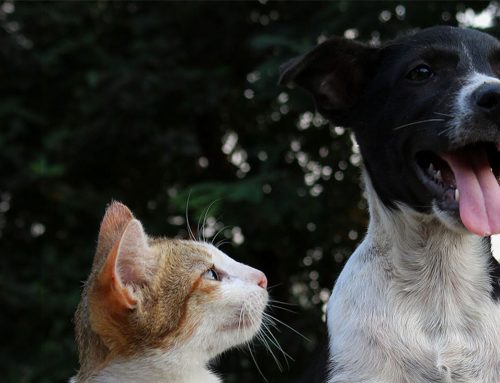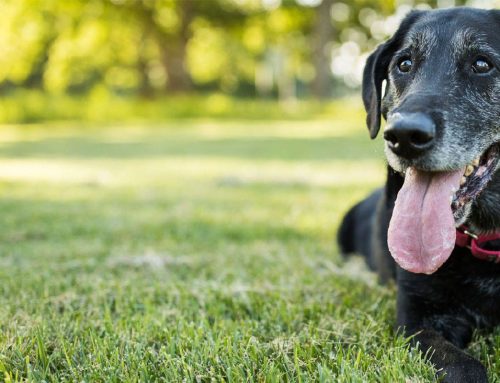Parvovirus Type 2C in Australia
Parvovirus hit the headlines mid 2017 after some comments in the media.
A recent paper outlined 2 vaccine breakdowns in South Australia. One dog was 6 months old and the other 10-11 months old. Reasons for the breakdown may include a genetic non-responder (an animal’s immune system that cannot respond to vaccines) or a vaccination given to a stressed or unwell dog. The answer was not resolved. The cases were caused by Parvovirus type 2c.
Parvovirus type 2c has been in Europe and the USA since the early 2000’s. Both continents use the same vaccines as in Australia. These vaccines have been shown to cross protect against Parvovirus type 2c as well as types 2a and 2b.
The conclusion of the paper – Parvovirus type 2c is in Australia. The latest (most up-to-date) vaccines used by Quakers Hill Veterinary Hospital will protect dogs against all types of Parvovirus.
Canine Parvovirus is prevalent in the warmer months of certain regions of Sydney, especially in the West and South-West. It often infects unvaccinated puppies between 6 weeks and 10 months of age. The pups are exposed via contaminated faeces. There is an incubation period of 7-14 days from ingestion to first clinical signs. The disease causes severe vomiting and diarrhoea, the latter often contains fresh blood. Hospitalisation with intensive intravenous fluid therapy plus anti-vomiting medications and antibiotics is necessary for survival. Despite the best efforts, 20% of affected dogs will die.
Vaccines prevent Parvovirus gastroenteritis in dogs. The age to start vaccinations is 6 weeks old and are repeated at 10 weeks and 14 weeks of age. A yearly booster is then given to maintain protection.






